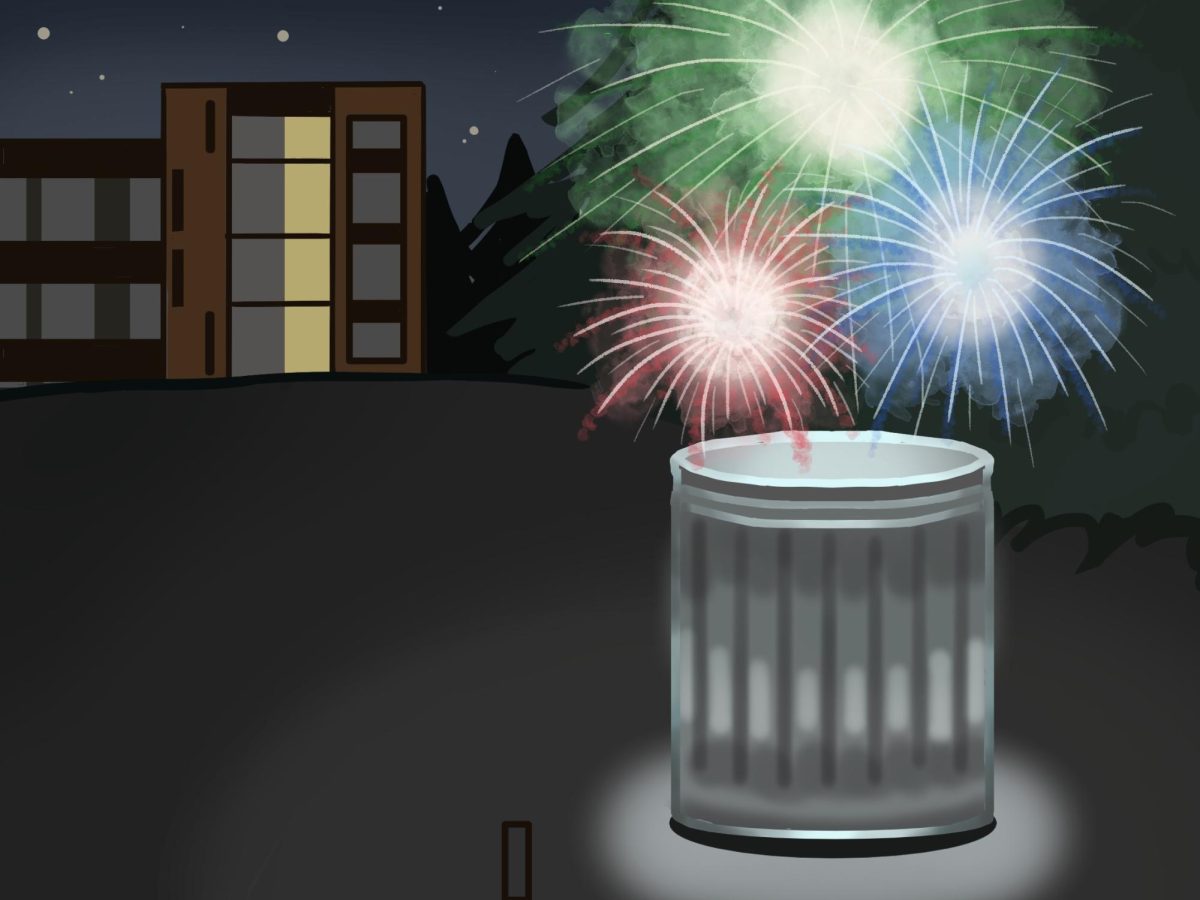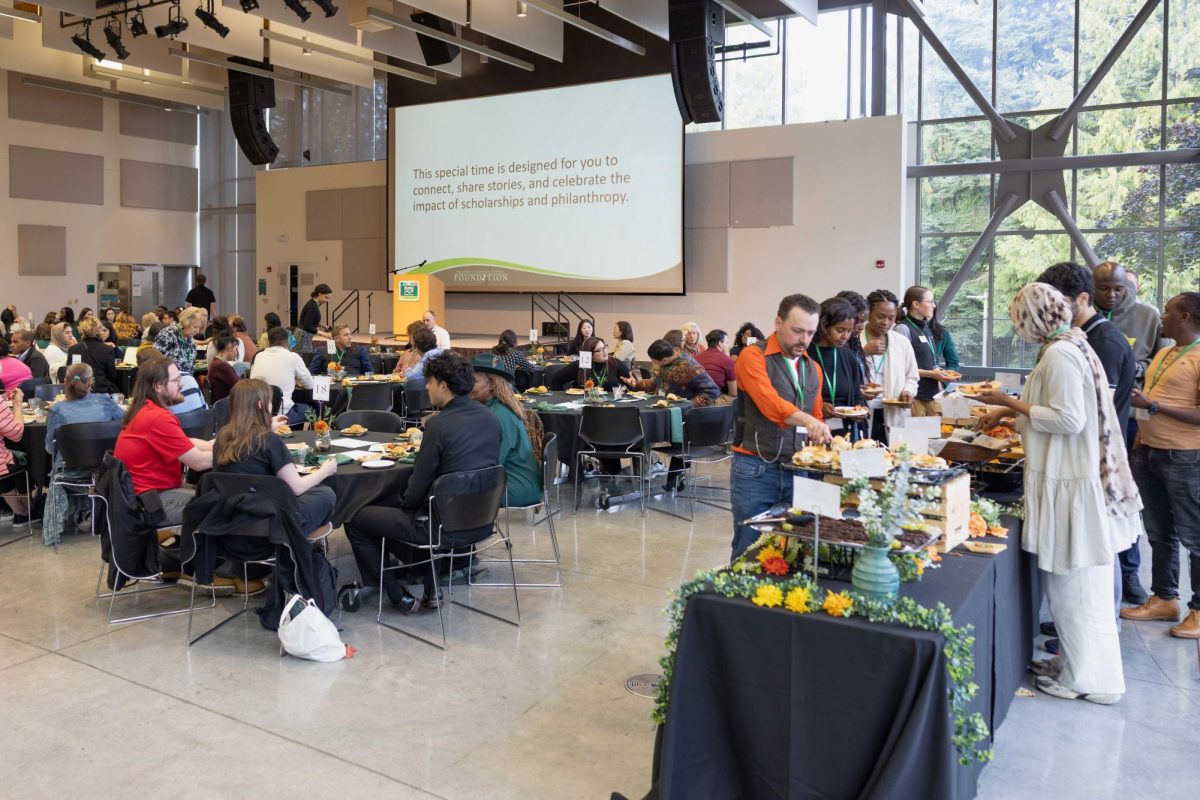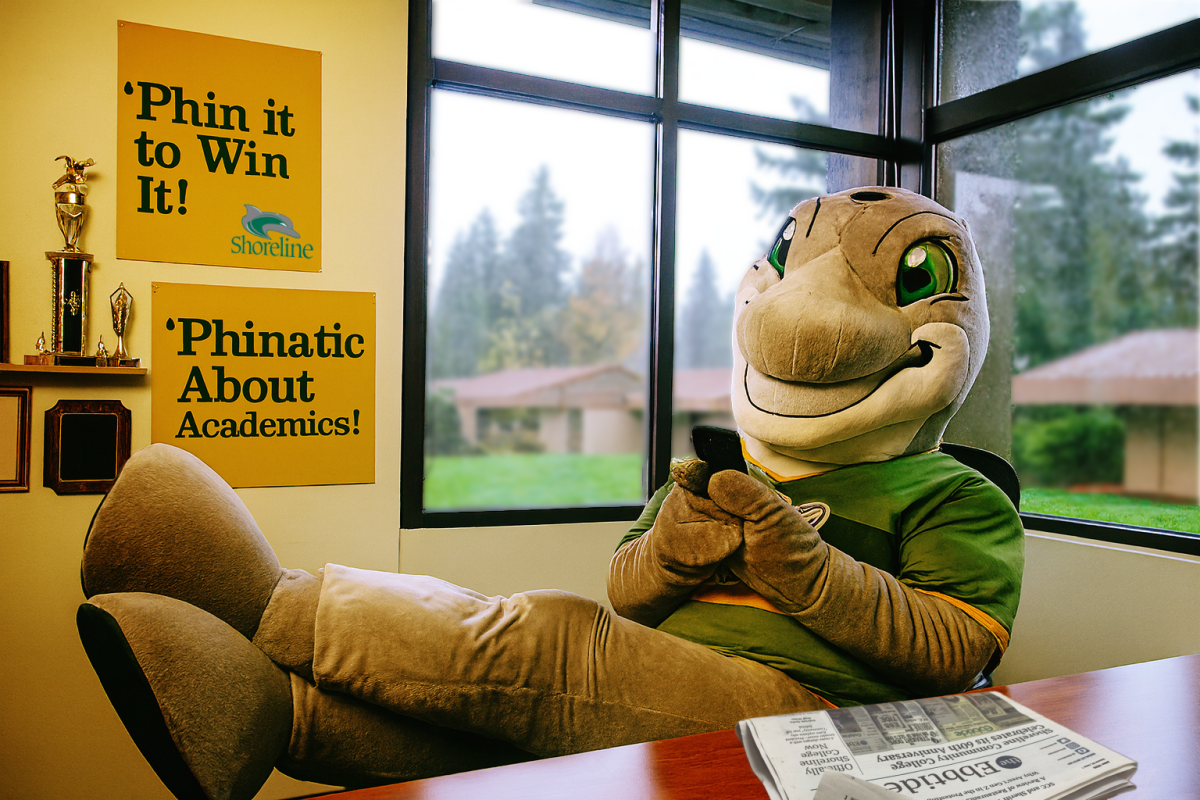A GLANCE AT THE RULES
Washington state law permits registered sex offenders (RSOs) to enroll in community colleges, as long as schools have strict policies regarding these students.
But the topic of RSOs on campus can be controversial among students.
SCC student Jordan Rutledge said it makes him “uncomfortable” to learn that there are offenders allowed on campus.
On the other hand, second-year student Flore Mafeugang said “education is crucial” and that offenders on campus should have the opportunity to learn.
According to the King County Sheriff’s Office, RSOs are least likely to reoffend “if they live and work in an environment free of harassment.”
So what steps are being taken by SCC to ensure that offenders can learn while other students stay safe?
The Regulations
RSOs are categorized from Level 1 to Level 3, with Level 1 offenders being the least likely to reoffend and Level 3 offenders being the most likely to reoffend.
The identities of lower level offenders may not be disclosed on campus unless it’s necessary to protect the student body, but they can be found on the King County Sheriff’s database.
However, Level 3 offenders are considered the highest risk to communities, so information relevant to an RSO’s status is permitted to be released to the public. The college has the choice of releasing these offenders’ information on a larger, more public scale.
On the SCC website, in the “Safety & Security” tab, there’s a “Registered Sex Offenders” page dedicated to informing students about SCC’s sex offender policies.
Behind the scenes, there are offices and representatives taking steps to protect students.
Acting Associate Dean of Student Support Programs Derek Levy said SCC’s RSO representatives come from the Safety and Security, Vice President and Equity of Success offices. They meet with RSOs weekly or monthly, depending on the need of the student, “to review progress and revisit expectations,” Levy said.
The school also notifies students and faculty when an offender is on campus, in accordance with the Campus Sex Crimes Prevention Act passed in 2002.
“In general, higher levels result in a broader notification process,” Levy said.
Representatives notify the Parent Child Center, inform affected classes by email and check in on offenders during class.
Although RSO information is freely available, not all students know how to check.
Mafeugang said she doesn’t read the SCC website partly because she doesn’t find it very organized.
First-year SCC student Jr-Yu Kuo said she doesn’t know the definition of a sex offender. She said she mostly checks for things relevant to her on the website, specifically academics. Rutledge, who earlier said he was uncomfortable learning about offenders being allowed on campus, said he did not know that there was an offender on campus.
“It’s really difficult (to talk about) because it’s really controversial,” Rutledge said.
The Differences
The community colleges closest to SCC have subtle differences in their policies.
Edmonds Community College (EdCC) notifies its students via email about Level 3 RSOs if they will be in class with them, said Ross Villegas, EdCC’s student conduct officer, in an email to the Ebbtide. EdCC also alerts faculty, the Center for Families and the vice president for Student Services for Level 1 offenders, and briefs the administration and department heads about Level 2 RSOs, Villegas said.
EdCC bases its meeting times with RSOs off of their specific needs.
At Seattle Central College, Vice President of Student Services Yoshiko Harden said that she meets quarterly with Level 3 RSOs and notifies the faculty and dean.
On Seattle Central’s “Sex Offender Disclosure” page, the list of current RSOs on campus is linked to the King County Sheriff’s website for easy access.
And according to all of the colleges’ RSO pages, the sex offender policies at SCC and surrounding campuses seek to “only inform,” not scare students.
The Bill
Recently, Republican State Representative Joyce McDonald, of Washington’s 25th district, proposed House Bill 2783, which would have authorized community and technical colleges to impose “reasonable restrictions” on Level 3 RSOs who planned to enroll. She said in an email interview that her aim was to keep the current state policies regarding Level 3 offenders in place but to impose stricter enforcement.
McDonald’s proposal of House Bill 2783 stemmed from an email alert to students at Pierce College in Puyallup about a Level 3 student who was violating his no-contact order “by being in classes with minor females,” McDonald said.
McDonald was informed by a parent of a Running Start student at Pierce who received the email. When contacted about the issue, according to McDonald, the college said they “had no obligation” under the current law for “anything other than notification.” McDonald’s bill said RSOs who are considered “a danger” and are given no-contact orders should not be allowed near vulnerable students.
However, McDonald’s bill failed in the House Higher Education Committee — according to McDonald, the chair of the committee, Representative Drew Hansen, “did not think the bill was needed.”
The Students
Rutledge said one could never know if RSOs will reoffend.
However, Mafeugang said she believes RSOs should not be “labeled” because of their previous actions.
“I think it’s important for students to know that there’s a potential danger on campus,” Mafeugang said. “But at the same time, you might create a lot of discrimination against the (students) who are just here maybe willing to learn, maybe (even) willing to change.”
The Definition
A sex offender is defined as an individual who commits a crime involving a sexual act, including rape, molestation and harassment.*box*
The Law
The purpose of the Community Protection Act of 1990, stated in several of the colleges’ safety and security pages, “is to assist law enforcement agency’s efforts to protect their community.” The King County Sheriff’s database offers up-to-date information on sex offenders in the area.







